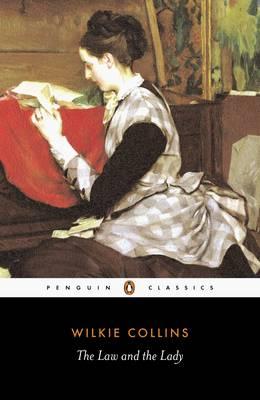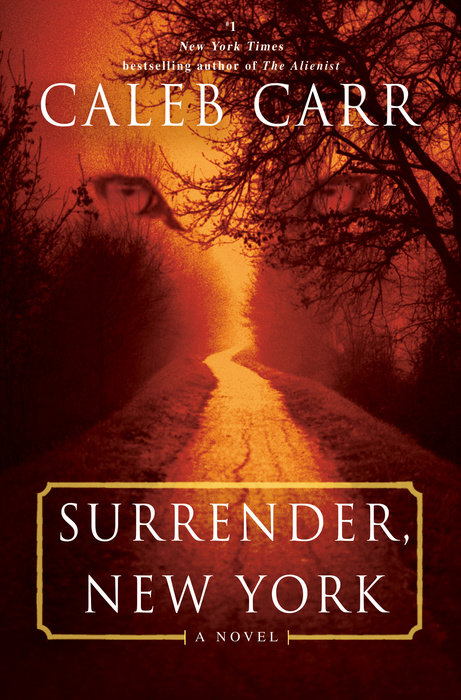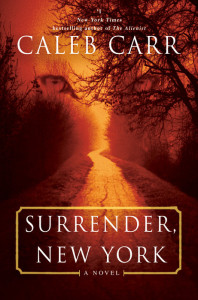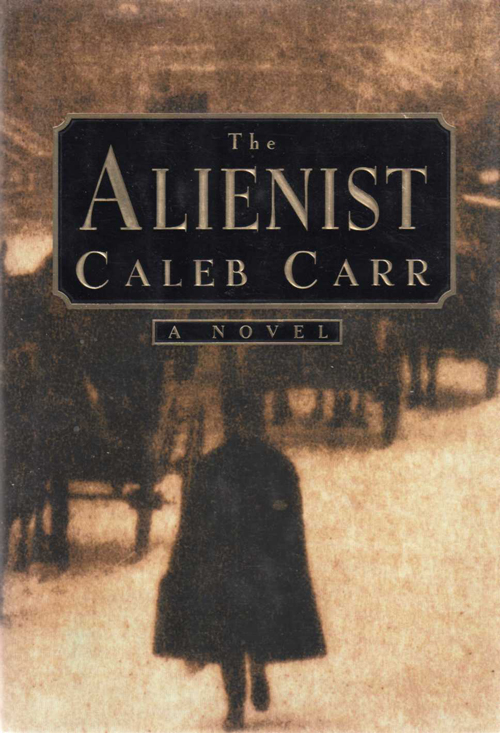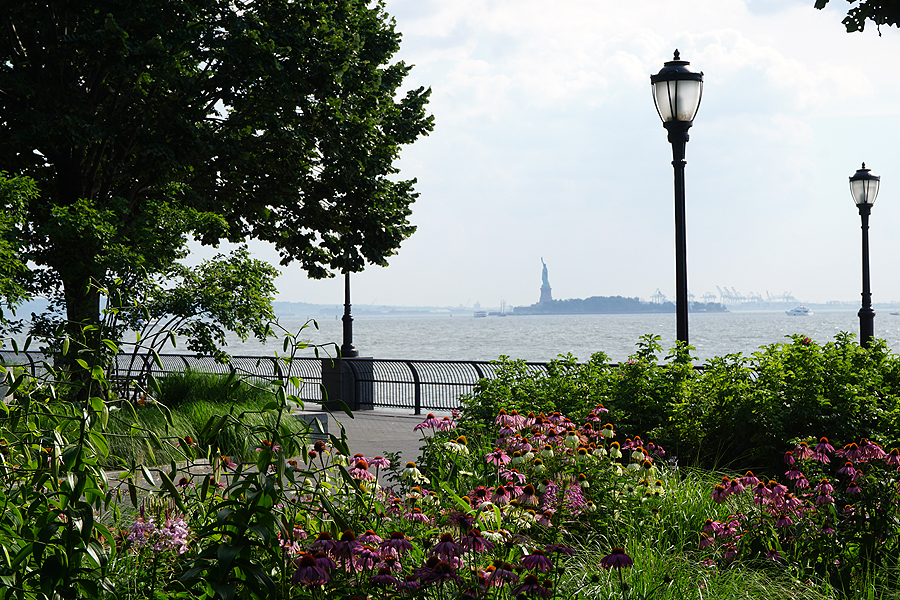This month I bring you yet another book blog that I never intended to write! Anyone familiar with my reading taste will know that, like the Isaacson brothers, I have a particular fondness for the work of nineteenth century “sensation” novelist, Wilkie Collins. Although only The Moonstone, one of Collins’ more famous detective novels, was mentioned by title in The Alienist (see 17th Street’s book blog for it here), I recently read and enjoyed Collins’ lesser known 1875 work, The Law and the Lady. Given that The Law and the Lady contains one of those rarest of creatures in nineteenth century fiction — a female detective — I came away feeling that it might be of interest to any Alienist readers who have a particular fondness for Sara Howard’s character, and I know there are a lot of you out there.
What’s it about?
“What a plot for a novel!” These words, referring to events in The Law and the Lady, were exclaimed by one of the characters midway through the story. Written from the perspective of the novel’s newly married heroine, Valeria Woodville, The Law and the Lady asks readers to follow the actions and thoughts of an intelligent, determined woman who leaves a conventional life behind in order to turn amateur detective (in the mid-1870s, no less) after discovering a dark secret in her new husband’s past. Part sensation novel and part detective novel, The Law and the Lady explores themes common to many of Wilkie Collins’ better known works including gender roles and false identity in a story where a woman is attempting to succeed in an investigation where the most learned men in society have gone before her and failed.
My thoughts
In his Introduction to Penguin’s 1998 edition of The Law and the Lady, David Skilton, a Professor of English at Cardiff University, discusses how Wilkie Collins’ “unorthodox” domestic life (he kept two separate women and their families while being married to neither) resulted in his taking “an unsurpassed interest in women characters, and particularly in their intellects and ambitions, and the social restrictions imposed on them.” Naming the far more conventional Anthony Trollope as the only other male novelist who “stands out as seriously interested in the mental life of women and their sense of identity” during the period (you can read my thoughts on Trollope’s 1875 masterpiece The Way We Live Now in the 17th Street book blogs as well), he notes that, “What the ‘realistic’ Trollope and the ‘sensational’ Wilkie Collins had in common was the ability to look at the relations between the sexes with rather less rigidity of mind than most of their male contemporaries.”
For a work that features one of the first female detectives to appear in a full length novel, this is certainly an apt description of Collins’ characterisation of women in The Law and the Lady. For example, Sara Howard’s complaints in The Alienist about the difficulties she faces in pursuing her chosen career path due to the social restrictions of the late nineteenth century are illustrated first hand in The Law and the Lady. When Valeria reveals that she intends to discover the truth about the dark secret in her husband’s past in order to save his good name, she faces severe opposition from every side. Her husband believes that she should be “superior to the vulgar failings of her sex” (that is, curiosity). Her deceased father’s old clerk, bewildered and dismayed, exclaims, “I never heard, Valeria, of a woman doing what you propose to do. Lord help us! the new generation is beyond my fathoming.” Even her uncle, usually kind and tolerant, sardonically asks, “May a plain country parson, who isn’t used to lawyers in petticoats, be permitted to ask how you mean to do it?” And upon discovering her planned course of action, further declares:
“Do you mean to tell me,” he said, “that you are going roaming about the country, to throw yourself on the mercy of strangers, to risk whatever rough reception you may get in the course of your troubles? You! A young woman! … With nobody to protect you! … I declare to Heaven I don’t know whether I am awake or dreaming. Look at her — just look at her! There she sits as cool and easy as if she had said nothing at all extraordinary, and was going to do nothing out of the common way!”
And yet, it is this same “obstinate” Valeria who proves to be far more capable than almost any of the men she encounters. She asks her husband at one point in the novel, “Are you surprised at the knowledge of the law which this way of writing betrays in an ignorant woman? I have been learning, my dear: the Law and the Lady have begun understanding one another.” Even so, it would be wrong to imply that Valeria is motivated by feminist values. While she upturns the conventions of polite Victorian society to pursue her ends, she has done so for a decidedly conventional Victorian reason: to save her husband’s good name and, in doing so, save her marriage. For this reason, she does not find herself entirely friendless in her pursuit of the truth. Her father’s old clerk eventually comes around, and her mother-in-law (another strong and intelligent woman) clearly sees from the first that Valeria is “no fool,” admires her courage, and does what she can to help even though she feels her daughter-in-law’s plans are doomed to fail.
Nonetheless, Collins goes further than usual in The Law and the Lady in challenging nineteenth century societal norms. Where Valeria is clever and sensible, her husband is described — by his own mother, no less — as “weak-minded” and lacking fortitude. And while the novel features an unconventional cast of characters that won’t surprise any reader who has explored Collins’ other work, it is noteworthy that their eccentricities in The Law and the Lady relate primarily to gender. The most notable example is the unfortunate Mr. Miserrimus Dexter, born with a deformity and dismissed as “mad” by almost everyone in the novel. He enjoys wearing bright colours in an era when black was the norm for men (“I despise the brutish contempt for beauty and the mean dread of expense which degrade a gentleman’s costume to black cloth … I like to be bright and beautiful.”), composes and sings with a harp, does his own cooking, and partakes in needlework while conversing with visitors (“Women,” he said, “wisely compose their minds, and help themselves to think quietly, by doing needlework. Why are men such fools as to deny themselves the same admirable resource … As a man, I follow the women’s wise example.”). Within The Law and the Lady it seems that Collins was actively challenging societal restrictions and stereotypes for women and men alike.
As much as I appreciate what Wilkie Collins accomplished in this novel, I should note that parts of it can stretch a modern reader’s suspension of disbelief, especially as several important plot points rely on chance encounters. However, for the most part, I thoroughly enjoyed The Law and the Lady, and particularly recommend it to any readers already familiar with Collins’ style. After all, what self-respecting Sara Howard fan wouldn’t enjoy reading about one of the pioneering female characters who started it all?

